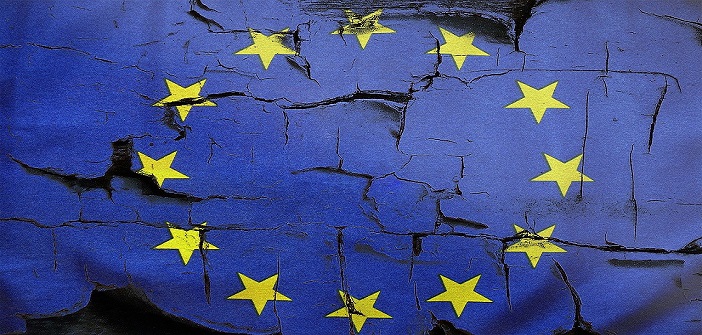Following a series of G7 and G20 meetings that could lay the groundwork for a minimum international corporate tax rate, the Parliament and the Council reached a difficult agreement on June 1st regarding the country-by-country publication of taxes paid by multinational corporations.
The directive proposal was presented by the Juncker Commission, highlighting the complexity of the negotiation.
At the same time, the European Union inaugurated the role of the European public prosecutor, tasked with combating VAT fraud.
The agreement between the Parliament and the Council, which now must be approved by both institutions, provides that companies with revenues exceeding 750 million euros must publish the amount of taxes paid annually, country by country.
The objective is to impose transparency and prevent companies from shifting their profits to more favorable jurisdictions.
Officially, these are not tax matters because, to avoid the need for a very challenging unanimity required for taxation, Brussels had proposed a different legal basis related to the internal market.
In times of high indebtedness, the attempt is twofold: ensure tax payment and increase fiscal revenues in a context where multinationals too often manage to evade taxation.


